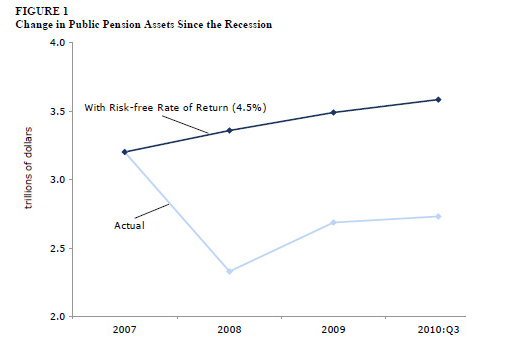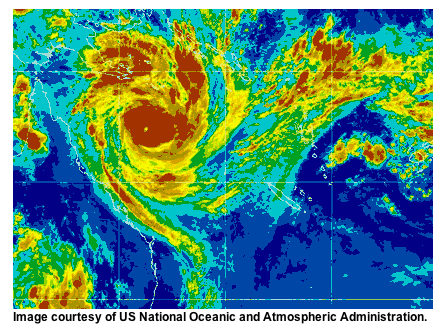A simple search this morning using the words “carbon tax Australia” leads to pretty much all negative positions on this tax. Virtually nothing on the other side (but thank you Wikipedia).
But the real problem is not the tax, or the ETS, or even the alternative direct action approach, but that once again the deniers* have been allowed to sneak back in and present their flawed case along with those who disagree on the proposed way forward on a solution. If you go to the no carbon tax websites that headline a simple search, you will be linked through to the bunko artists, who appear to be a large and reasonable group. But they are not. The reality is that the vast majority of the people who believe in the scientific method, who work in the area of climate science, ocean science, thermodynamics or other related scientific and engineering fields, where the scientific method and the evidence that supports it, believe that anthropogenic climate change is real, and that it will not be positive for humans or the earth. Furthermore, the scientific organisations that they make up, and the peak organisations that represent those organisations, publish peer reviewed findings and recommendations through the United Nations Environment Program (UNEP).
This is the report that you would have heard all the hyped up controversy about a while back, and that a couple figures and a couple paragraphs in a two 800-page reports were incorrect in. Pity they weren’t perfect, but they state the heavily considered opinion of the 99.99%.
Unfortunately, what you get as “balance” in the news coverage remains what I identified above. Bunko artists given 50% of the time to make their case.
Ross Garnaut today said that he believes that public education is the most important thing that has to happen, and that “If there was a deal to limit carbon dioxide in the atmosphere to 450 parts per million – required to limit warming to 2 degrees – Australia’s ”fair share” would be a reduction target of 25 per cent.”
So, while we should be discussing the merits of whether the renewable energy targets should be eliminated (no) and whether Australian companies should be able to buy cheaper international permits to meet their obligations (yes), we are still talking about the science as if there is a real debate. Other than this article by Ross in the SMH, and his appearance on ABC2 today, the coverage of the major papers and news has been balanced at least equally to the climate change deniers, and several of the major Newscorp and Fairfax columnists (Piers Ackerman, Miranda Devine, Paul Sheehan and Andrew Bolt) are all active climate change deniers.
Those supported by the scientific method are left to the occasional story by Ross Garnaut or Tim Flannery. Hardly balance where it matters, in swaying public opinion.
Charismatic, reasonable appearing liars get away with it all the time. I lived through Ronald Reagan’s presidency. We all lived through W. The basis of their ideologies have been found to be either wilful misrepresentations, or grossly incorrect. Wealth doesn’t trickle down from the rich, they concentrate it, and war is a lie. But one is viewed as a hero still, and the other isn’t in jail when by all rights he should be. The charismatic people who are playing this lie out again are the same folks who have a vested interest in delay, and who own the media to a large extent.
It is not a fair fight, and as I have said before, the correct argument is falling on deaf ears in a public that has been conditioned by the media that is supporting the lie to have tuned out already. Climate change is so last year’s story. Facts are boring, details are too taxing on the attention span, and the truth requires all of us to modify our behaviour a bit. So fuck that, right?
But in the interest of supporting Ross Garnaut’s call for more education, I will keep on providing my view on the topic. I’d feel guilty otherwise.
* – Unfortunately, when 99.99% of all peer reviewed scientists do not agree with you, you can no longer be called a sceptic, but rather something closer to a person with a mental disease.


